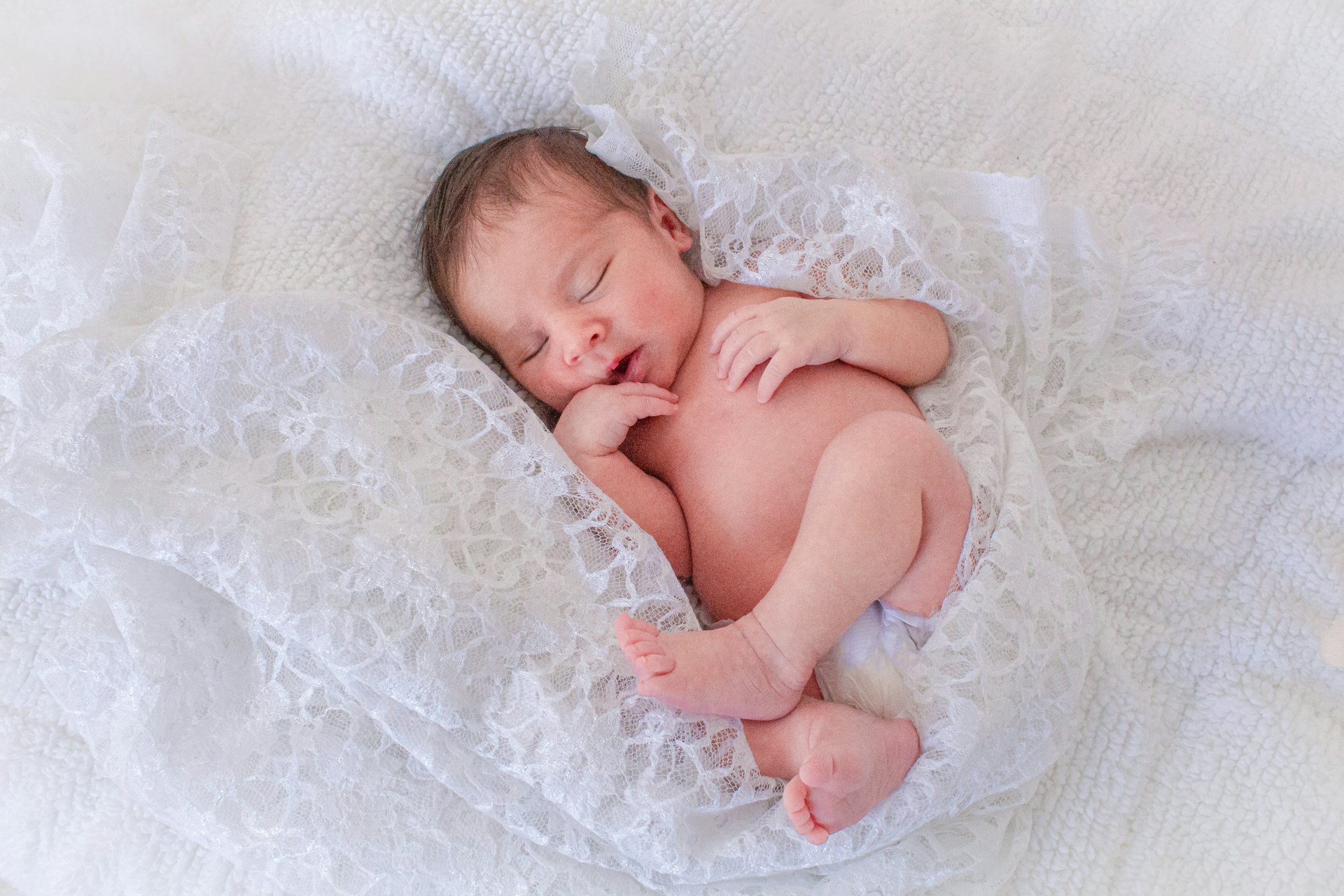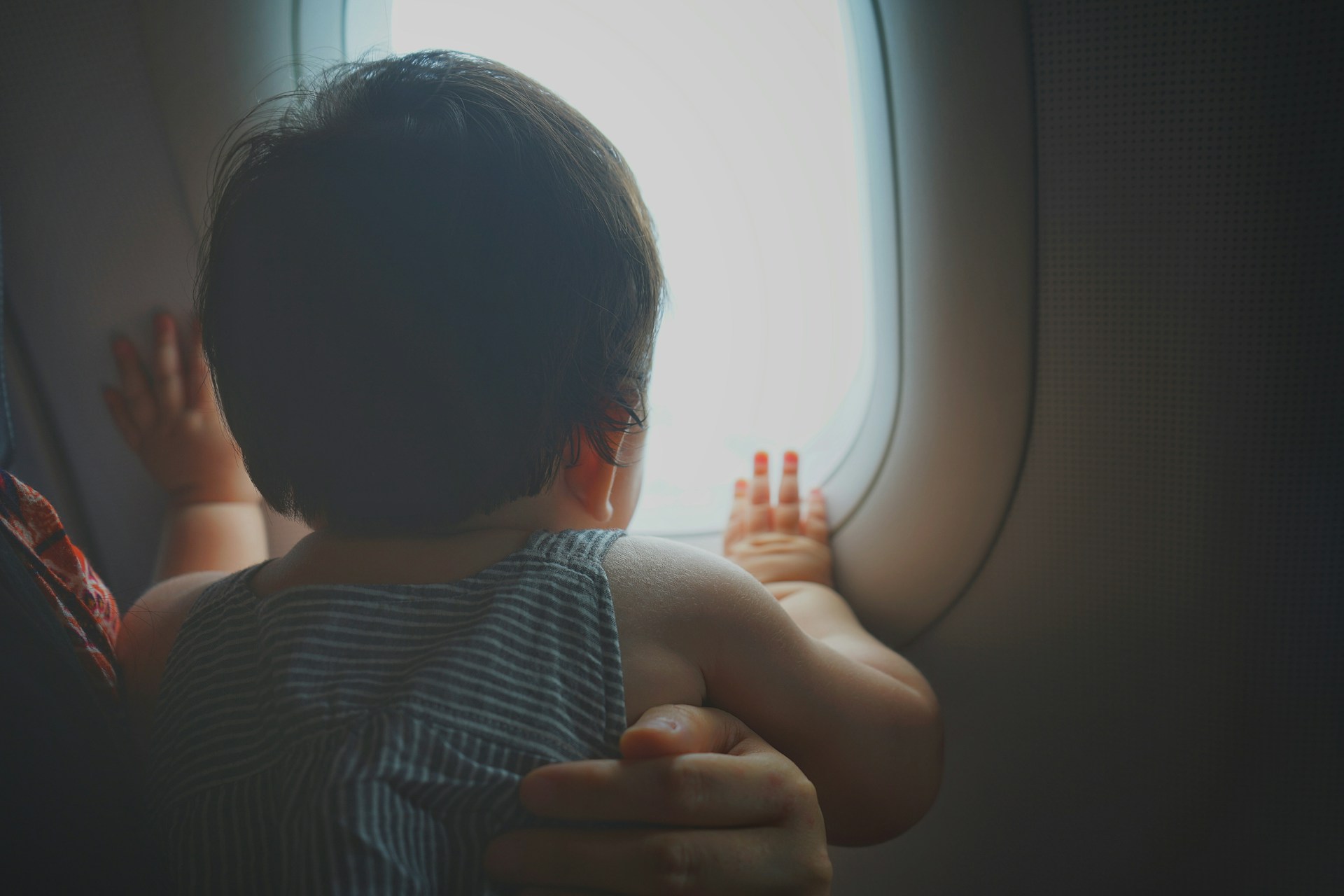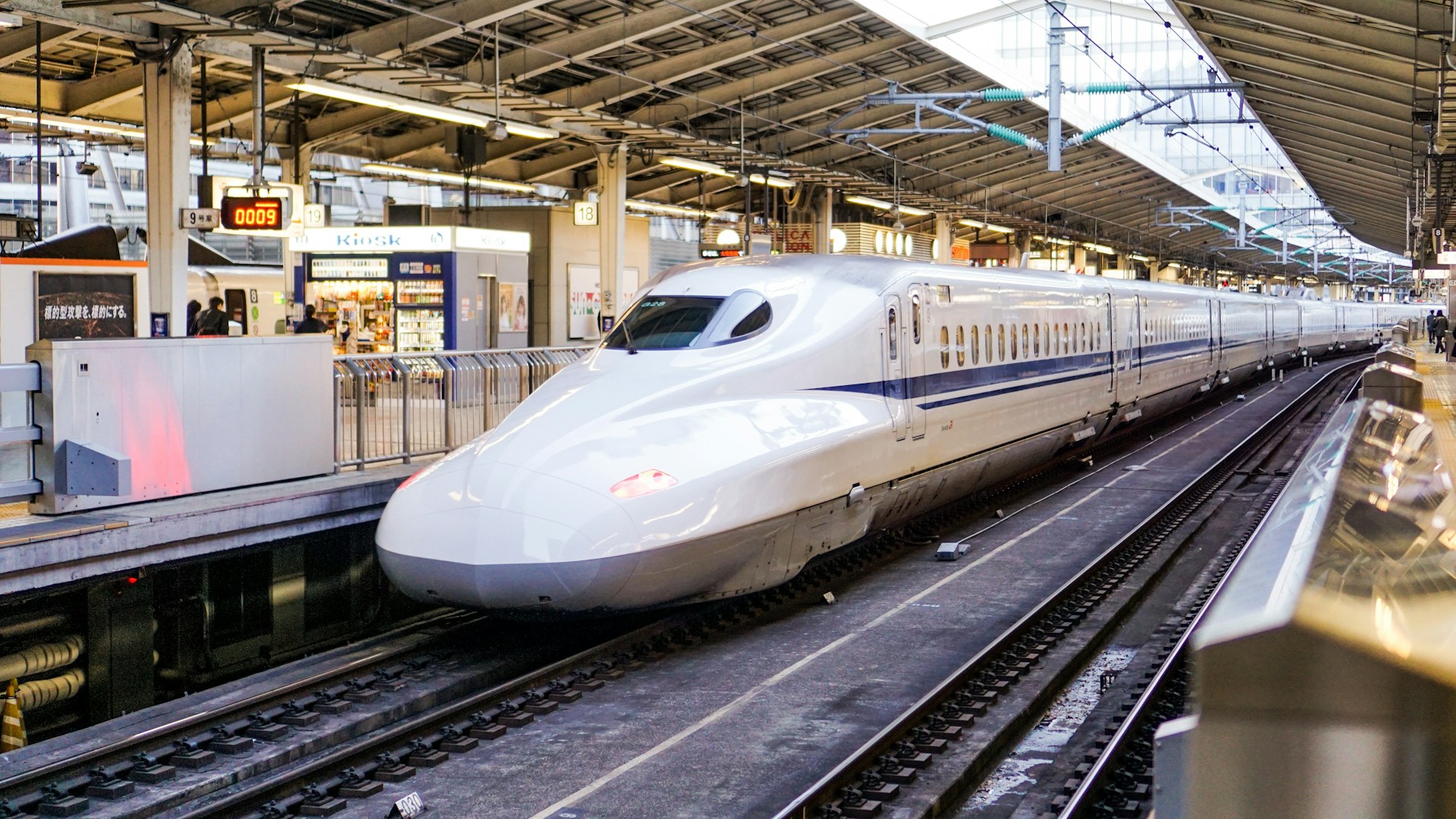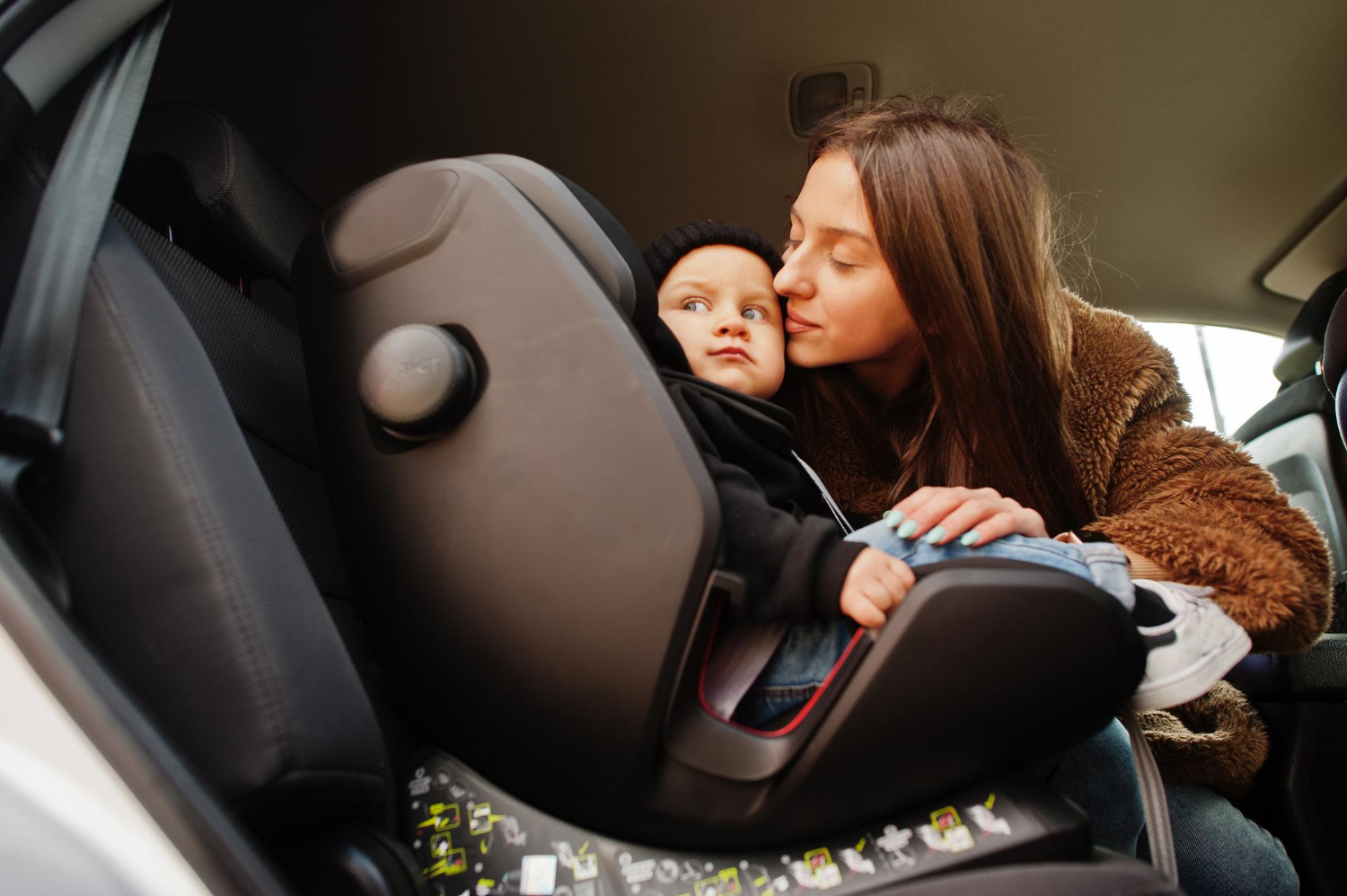Travelling with a newborn is not always easy. Between feeding and nap times and ensuring you have all the baby essentials, it can feel overwhelming. But beyond comfort and convenience, another one of the biggest concerns parents have is about safety, especially when it comes to cabin air.
Aeroplanes are enclosed spaces, often filled with crowds of people, so it is normal for parents to worry about whether the air inside is clean enough for their baby, who has a more delicate immune system than adults.

Most aeroplanes nowadays are equipped with advanced HEPA (High-Efficiency Particulate Air) filters, which can capture 99.97% of airborne particles, including viruses, bacteria, and dust, and in 2025, airlines have improved their systems even more to meet stricter health standards.
Here is how it works:
Even with advanced filtration, there are still a few things parents should consider when flying with a newborn:
While the air system is effective, babies are still at risk from people sitting near them. If someone nearby is coughing or sneezing, the baby can be exposed before the filters do their job.
Newborns, especially those under three months, don’t yet have strong immune defences. This makes them more sensitive to infections picked up in crowded places, including airports and planes.
Aeroplane cabins are dry, which can irritate a baby’s nose and throat. While this dryness doesn’t necessarily cause illness, it can make them uncomfortable or more prone to congestion.
Cabin air pressure can affect oxygen levels, which is more of a concern for infants with respiratory issues. Babies born prematurely or with underlying health conditions may need special medical clearance before flying.

If you have decided to fly with your baby, here are some tips to make the journey safer and more comfortable;
Check the health standards of the airline - Choose airlines with enhanced filtration and sanitation practices.
Book a window seat if possible - Fewer people passing by means less exposure for your baby.
Carry sanitising wipes - Clean tray tables, seat belts, and armrests before settling in.
Keep your baby hydrated - Breastfeed, bottle-feed, or give the baby small sips of water (if older than 6 months) regularly to avoid dryness.
Consult your paediatrician - Always get medical advice before flying, especially if your baby is under 3 months or has health conditions.
Use a lightweight cover or blanket - It can provide an extra barrier against coughs or sneezes without restricting airflow.
Cabin air today is cleaner than many people think. The HEPA filters and high turnover of fresh air make it safer than being in many public places on the ground.
However, keep in mind that while cabin air is safe for newborns, “safe” doesn’t mean risk-free. The main concern isn’t the air itself, but the close contact with other passengers.
For healthy newborns, flying is generally safe, but parents should still think about other potential risks. Don't forget to always check with your doctor too.


If you want the latest information on the best Hotel Executive Club Lounges, Hotel Kids Clubs and other travel information, be sure to sign up for our free newsletter full of tips and great travel ideas.